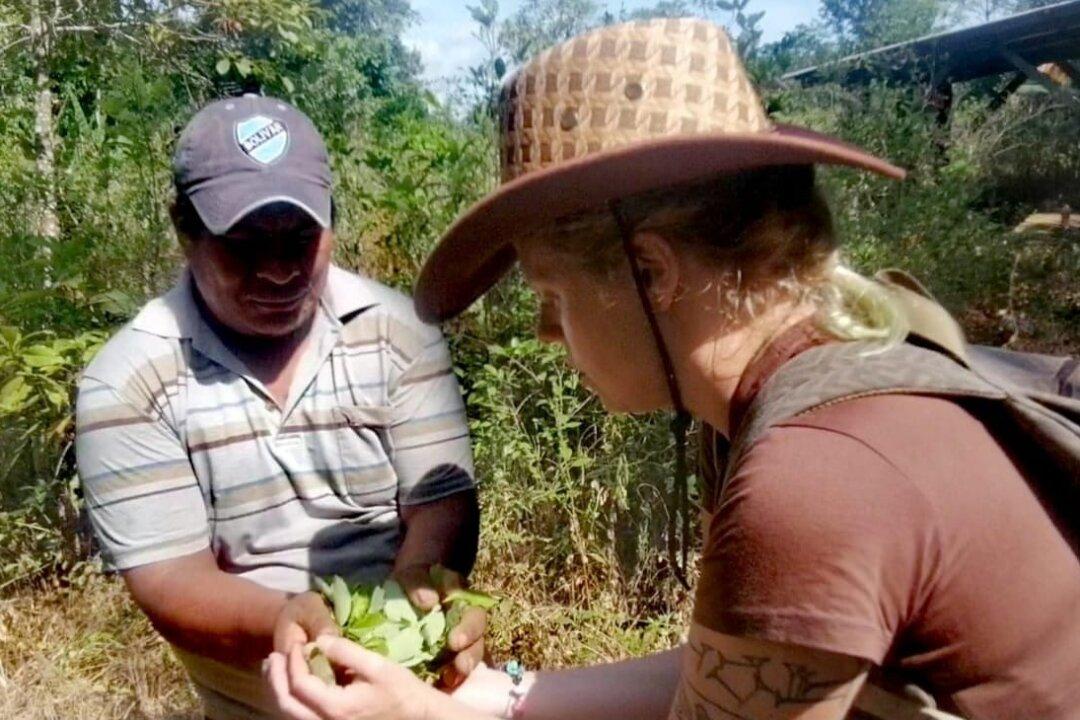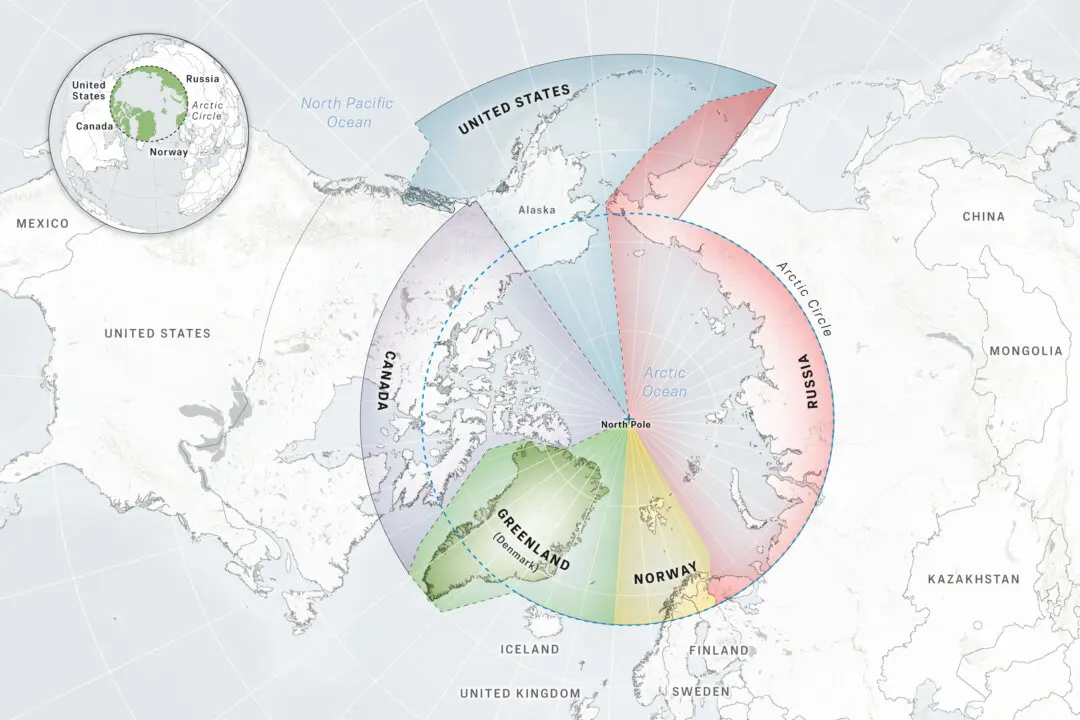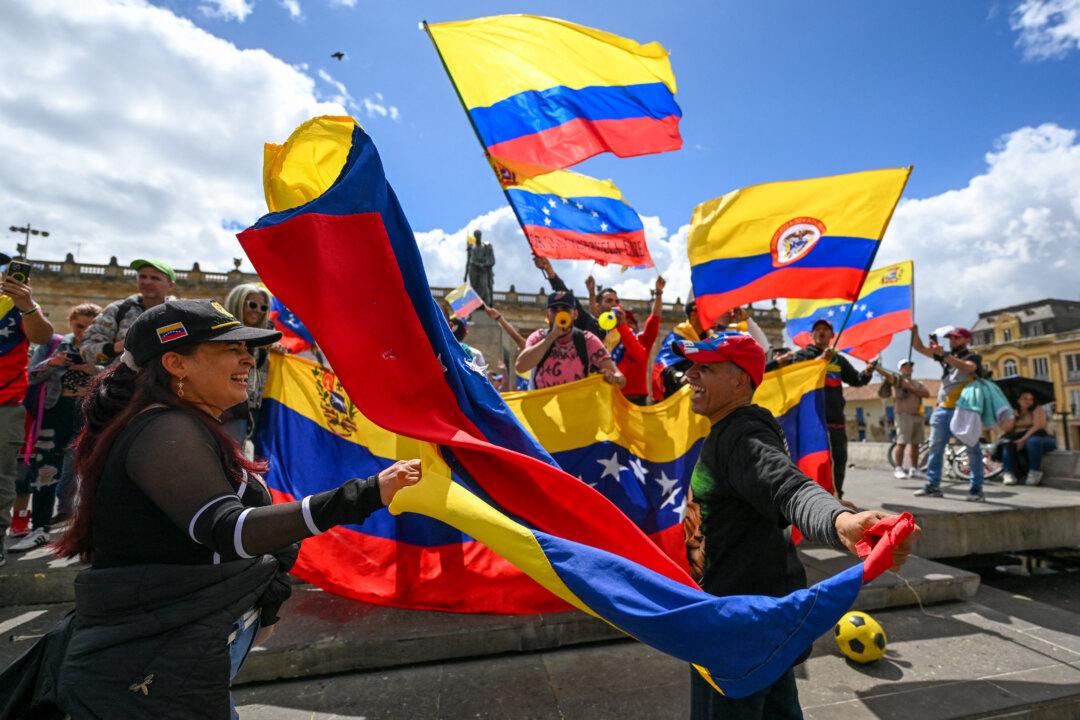A coca farmer in Bolivia lives in poverty, while others reap wealth from the crop he grows. He and his family earlier suffered persecution at the hands of the police, which, with the election of the socialists, was replaced by what he regards as exploitation by the government.
Agustin Calichu, 60, has been working as a coca farmer since his early 20s on his plantation two miles outside the town of Villa Tunari, located in the Chapare region in the Bolivian Amazon.





